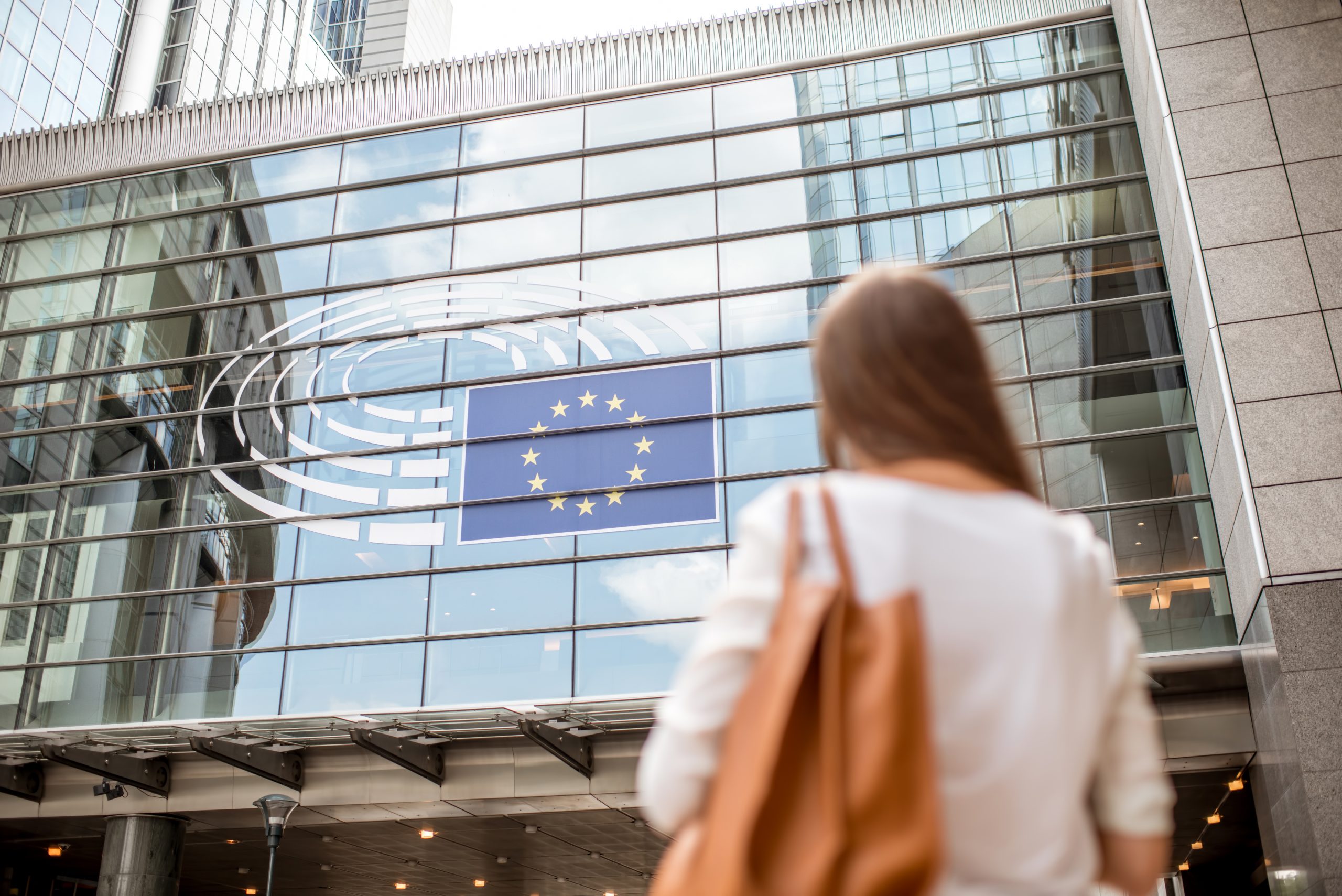Green parties suffered significant losses in the 2024 European Parliament elections. Yet as Mitya Pearson, Wolfgang Rüdig, Iakovos Makropoulos and Tomas Maltby explain, the picture was more nuanced than the headline figures suggest, with several Green parties either holding their position or making gains compared with 2019.
Before the 2019 European Parliament elections, the environment had risen in salience amid widespread climate protests. Green parties subsequently went on to secure their best result at a European Parliament election, with 55 members representing the European Green Party elected and the Greens/European Free Alliance (EFA) parliamentary group growing from 50 to 74 MEPs.
In the lead up to the 2024 European Parliament elections, the Ukraine war and the cost of living crisis loomed large, to some extent relegating climate change down the agenda. Much of the commentary ahead of the elections focused on the expected rise of radical right parties, which are generally hostile to climate policies. Although concern among EU citizens about the environment remains high – around 80 per cent still consider climate change “a very serious problem” – its salience in comparison to other issues declined.
In spring 2019, a Eurobarometer poll suggested that EU citizens considered climate change to be the second most important issue. However, by spring 2024, Europeans considered the environment and climate change combined as only the fifth most important issue, behind Ukraine, immigration, the international situation and inflation. Moreover, the most prominent protests in the lead up to the 2024 European Parliament elections were demonstrations by farmers against environmental regulations in several European countries.

